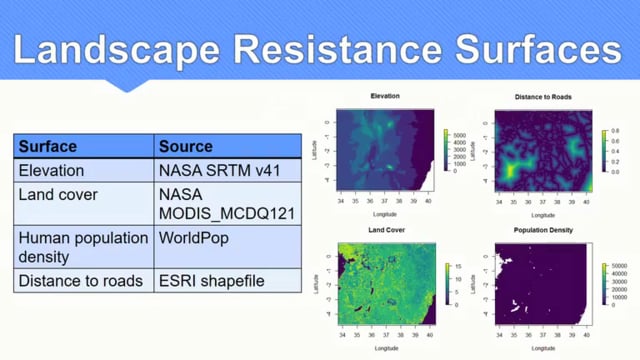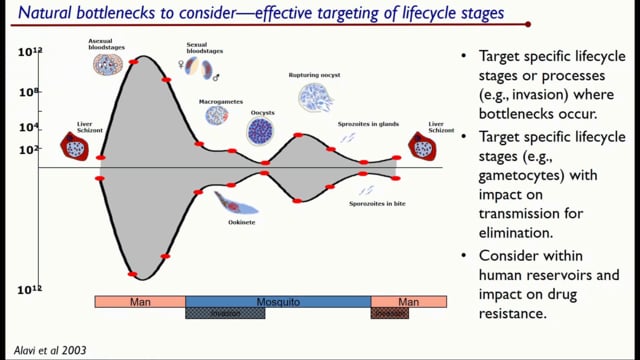Last Updated: 29/05/2025
Antimalarial and insecticide resistance (West Africa ICEMR)
Objectives
This project aims to assess the current level of drug resistance to ACTs and the effectiveness of IPTp treatment in four sentinel sites in West Africa.
The project will characterize the drug responses of parasites currently causing malaria infection in these sites, and use population genetic approaches to discover genetic markers associated with these resistant parasites. From these data, novel molecular markers will be identified, validated and tested for their role in drug resistance and their utility for identification of drug-resistant parasites in patients. Development of simple and reliable genotyping assays for these markers will then enable clinicians and researchers to identify and track parasites that are likely to fail drug treatment and compromise malaria control strategies.
Cheikh Anta Diop University (UCAD), Senegal
Tulane University, United States
Drug resistance is a major factor that can undermine malaria control programs. Understanding the consequences of drug pressure on the parasite population structure including the selection of genetic variants that can evade drug pressure will be essential for any successful malaria elimination or eradication effort. Simple and inexpensive assays to monitor the effects of drug pressure on malaria parasites will be critical to ensure the success of malaria control programs.
Jul 2010 — Jun 2019
$1.15M

